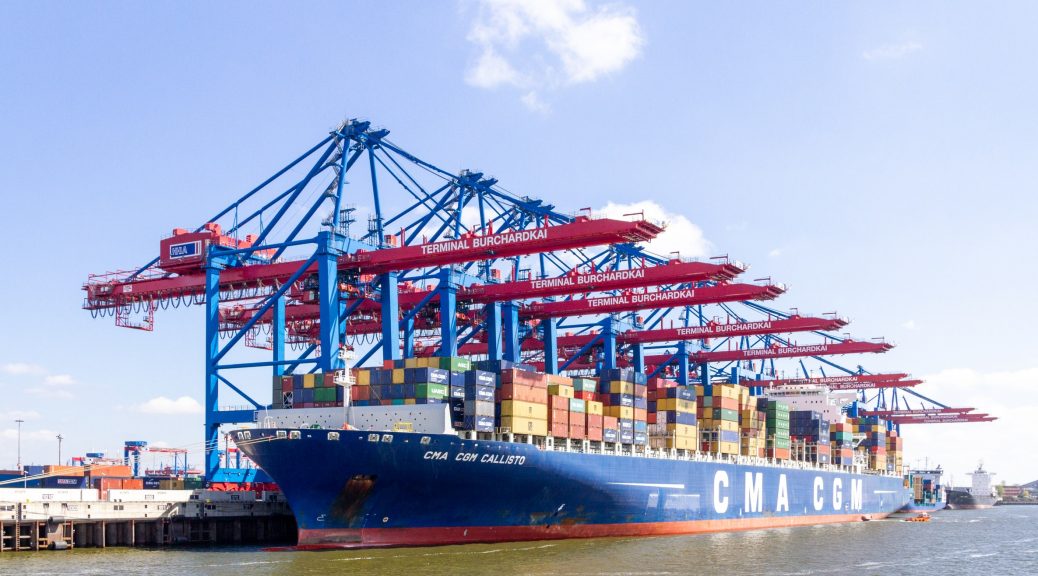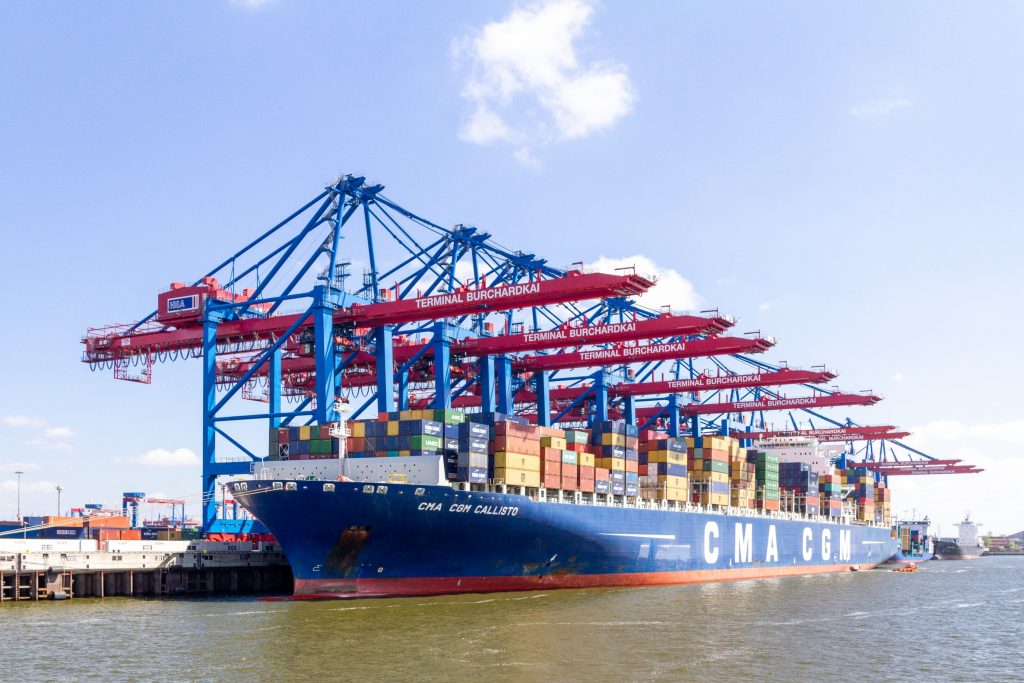
All You Should Know About Marine Insurance

What Is Marine Insurance?
Marine cargo insurance is a cover that protects cargo owners, terminal handlers, shipping businesses, and ship owners against risks. The various policies cover various conditions that may damage cargo, including extreme weather conditions, pirates, and navigation challenges.
When requesting marine insurance, you need to consider the type of business and the associated risks.
Marine Insurance also covers third parties that may be directly or indirectly affected should anything happen to the goods.
Categories Of Marine Insurance
Marine insurance is classified into four main categories.
- Marine Cargo Insurance. This category covers cargo owners. Since the owners have no control over how their goods are handled at the terminal or during the voyage, marine insurance ensures they are protected against loss or damage. This cover protects against mechanical, electrical, and operational damage.
- Hull and Machinery Insurance. This category covers ship owners. Hull Insurance covers against any mishap or damage to the hull, which is the supporting part of the ship minus the masts. Machinery insurance protects against mechanical, operational, or electrical damage to the ship’s machinery.
- Freight Insurance. This category covers the loss or damage of freight. Ship companies take on this cover to protect themselves against liabilities.
- Liability Insurance. Should the ship collide with another or encounter a piracy attack, the shipowners will not be liable. Crew members and other people on board the ship are also included in this cover.
What Marine Insurance Covers
Marine insurance, like other types of insurance covers, is very specific. Since cargo movement is not the same for every client, insurance covers are customised to suit the needs of different clients. However, there are common covers across the different policies.
For example, common incidences covered include sinking, fires, explosions, total loss, lightning, earthquake, unforeseen expenses, jettison, natural calamities, and general damage.
Marine Insurance Is Specific
Although marine insurance is often general, sometimes it is specific. For example;
- Voyage Policy. This policy is specific to a particular trip.
- Time Policy. Some customers require marine insurance for a specific period.
- Mix Policy. A mix policy considers both the voyage and time.
- Single Vessel Policy. This policy is ideal for shipowners with only one ship.
- Fleet Policy. This policy is cost-effective for shipowners who have multiple ships.
- Floating Policy. This policy is ideal for shipping lines that have ships that are regularly on the sea. This policy saves time and money. Instead of being specific, this policy floats and is flexible. The only thing that is put on paper is the maximum amount insured.
- Valued Policy. This policy is most suitable for consignments whose value is known. Reimbursement will be based on the value mentioned.
- Unvalued Policy. If the value of the cargo is unknown, an unvalued policy is the best option.
- Block policy. Cargo moves using different modes of transport. They are sometimes moved by rail, water, road, and air to the final destination. Block policy is ideal for shipments that use multiple means of transport. Should anything happen when the goods are in transit, this policy covers it.
These are some of the most critical aspects of marine insurance. When seeking coverage, you need to know the best policy. You also need to consider a cost-effective policy.